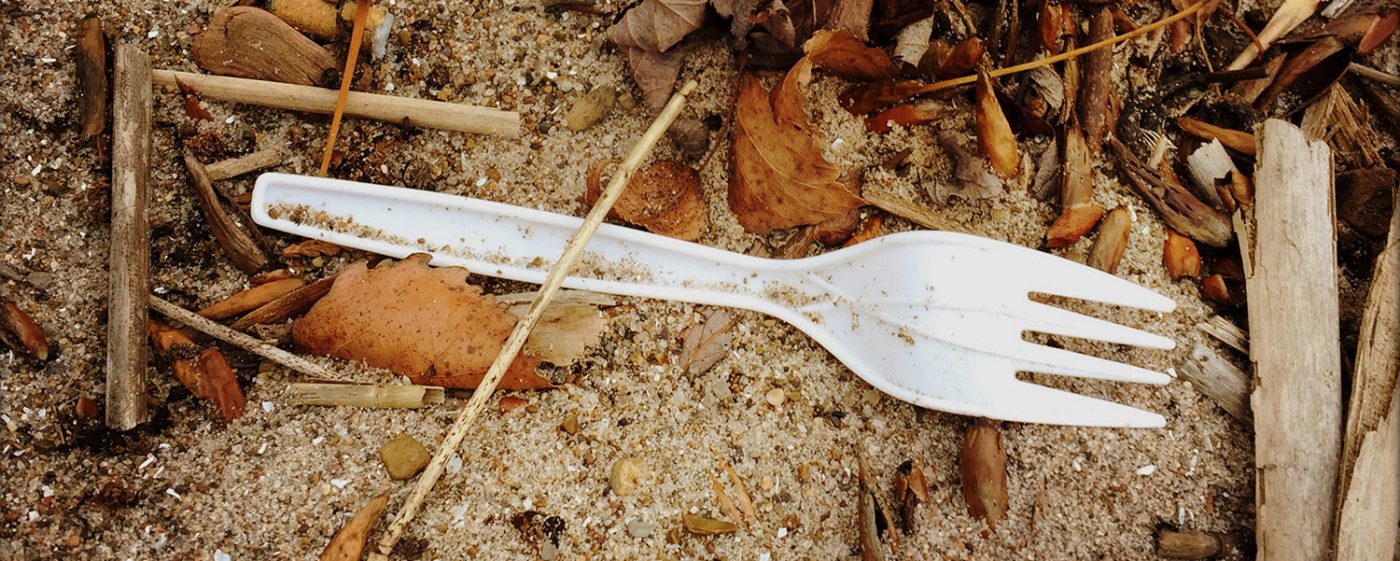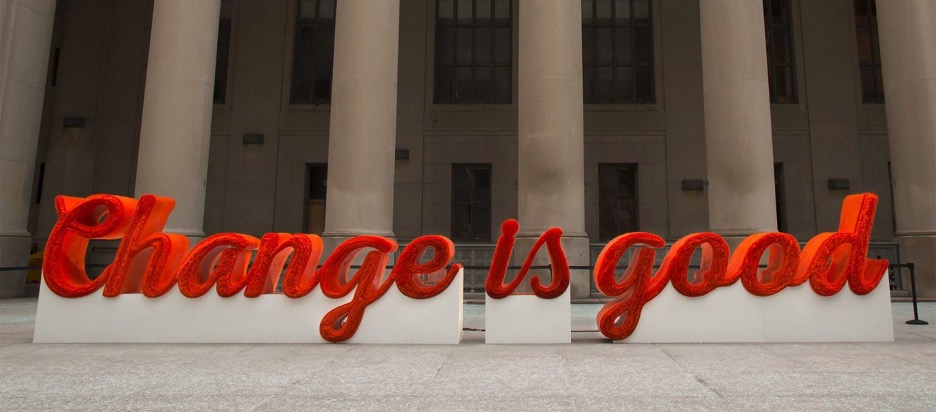Canada just announced that they would ban single use plastics by 2021. For those of us concerned with the amount of plastic in our oceans and parks, this is great news and also long overdue. However, I can’t help but feel it rings of green washing, especially since we are 6 months from an election.
The plastic waste situation is massive; global and destructive and overwhelming in its scope. We are literally drowning in existing plastic. It clogs our waterways, oceans and landfills and it has a devastating effect on marine life. We have all seen the YouTube videos of people pulling straws out of turtles, and untangling sea lions and large mammals from fishing lines. We have seen pictures of huge whales washing ashore, dead from consuming poisonous plastic. We have seen albatross feeding their young tiny pieces of plastic, not realizing that it wasn’t edible.
It’s horrific, incredibly sad, and demoralizing.
And yet, what do governments do? Ban plastic straws, cutlery and bags by 2021. Slowly, over time they propose to encourage the plastic industry to stop making a small number of plastic objects. I am assuming that the time delay is to allow for contracts to be fulfilled and adjusted so that the industries and their clients don’t lose money with the changes.
Interestingly, when a single business decides to make change for the environment it takes mere months. A&W stopped using plastic straws because it was the right thing to do and then, to inspire others to follow suit, they took all the left over (already paid for) straws and made art out of them.
Banning plastics is trendy. Ever since the BBC production of Blue Planet 2, Episode 7, which clearly showed how our waste was destroying the oceans, everyone has been doing it, most notably, the Queen of England. It’s a step in the right direction, don’t get me wrong, but it’s not nearly enough, not by a long shot. If we are to really save this planet from our waste we need to take much more drastic measures.
Plastic, as a moldable and waterproof substance, is incredibly useful in modern society. It’s not just straws and food packaging where we find it, it is also in our cars, our building materials, our appliances, our electronics, our tools, and our toys. It’s everywhere. It would be very hard to just stop using it completely. However, we can start the process of change by figuring out how to reuse it more efficiently and make it out of biodegradable materials. But first we have to deal with the waste that’s already here, clogging up our oceans.
Most people see the oceans has merely the place to fish or swim. But according to Project Planet Ocean,
“Oceans are the lifeblood of planet Earth and humankind. They flow over nearly three-quarters of our planet, and hold 97% of the planet’s water. They produce more than half of the oxygen in the atmosphere, and absorb the most carbon from it.”
Every piece of plastic we have dumped or let wash into the ocean effects the eco-system and the ability of the oceans to maintain life. And this will effect not only our food supply but also our climate. In order to clean up the mess we have made, I figure we have to make the following drastic changes:
1. INVEST IN BUSINESSES THAT CLEAN UP THE GARBAGE ALREADY POISONING THE LAND AND SEA.
There are some great global initiatives in this area such as The Ocean Cleanup but we need more of them. A lot more of them.
2. DEVELOP SYSTEMS AND INITIATIVES TO PREVENT ANY MORE GARBAGE ENDING UP IN THE OCEAN.
A lot of plastic waste is dumped in the ocean but a great deal also drains there from rivers. These two brothers from Bali are a great example of people bringing about change. Their documentary of floating down one of the most polluted rivers in Indonesia in boats made of plastic bottles brought on not only a massive cleanup of the river by the military but also waste disposal education programs for those living on the river.
3. Invest in ways to reuse the unusable.
Only 2 of the 7 types of plastic in production are really recyclable. We need to find more cost effective ways to recycle the other 5 and make sure that we maintain markets for recycled plastic until we find alternatives.
4. Invest in alternatives to petroleum based plastics.
Great strides have been made in developing water bottles that are compostable but we need more scientific break throughs if we are to shake our dependence on petroleum based plastics.
And finally…
5. Stop subsidizing the oil industry.
Currently the Canadian government gives out 3.3 billion in financial benefits or subsidies to the fossil fuel industry, per year. Any yet, they are not destitute. Oil companies annual profit is in the billions. They don’t need subsidies.
Imagine if that money was actually reinvested into businesses that protect the environment rather than pollute it. We also need to develop real strategies for transitioning workers out of plastic producing industries into sustainable ones.
It is so frustrating for politicians to promise one thing during an election and then not follow through. We have seen this time and time again. But the science of our climate crisis has shown that we don’t have the luxury of time any more.
We need visionaries in public service. We need people, like the 16 year old Swedish girl Greta Thunberg, who refuse to play by outdated political rules. And we need leaders who have seen the writing on the wall and, for the sake of their children and grandchildren, are willing to break free from those bullying industries who care more about profits than the environment. Only then will we have the power to make drastic change.
The air we breathe, the water we drink and the soil that grows our food, these things should be a higher priority than the GDP and they should not be subjected to the whims of electoral politics. The David Suzuki Foundation has been working hard to make this a reality with their Blue Dot program.
Ultimately, they seek to amend the Canadian Charter of Rights and Freedoms to include the right to a healthy environment, so that we can join the 110 countries around the world that already have this right included in their constitutions.
Just like the right to vote, Canadians would have the legal right to fight for the environment that we can’t live without. Makes a lot of sense to me.
Because in the end, we need nature, nature doesn’t need us.



